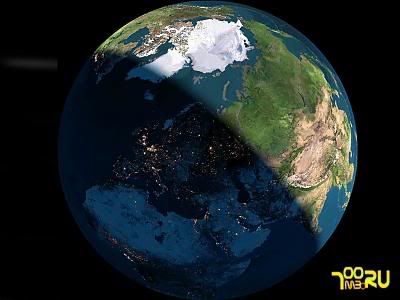 There have been some conflicting news reports the last couple of days, but here from Pat Buchanon, a conservative but no neocon, he is stating what the issues have clearly been all along and up to today. It is obvious that the Bush regime wants war and will do anything it takes to get that. With Iran's Oil Bouse in Euros due to begin March 20, he has little time to waste. Just many more thousands of lives will be wasted, but....who's counting when it comes to keeping the oil and petro-dollars in place for the financial elite? It's Iraq, all over again, but with (much) higher stakes, including economic and nuclear.
There have been some conflicting news reports the last couple of days, but here from Pat Buchanon, a conservative but no neocon, he is stating what the issues have clearly been all along and up to today. It is obvious that the Bush regime wants war and will do anything it takes to get that. With Iran's Oil Bouse in Euros due to begin March 20, he has little time to waste. Just many more thousands of lives will be wasted, but....who's counting when it comes to keeping the oil and petro-dollars in place for the financial elite? It's Iraq, all over again, but with (much) higher stakes, including economic and nuclear. Is the United States about to launch a second preemptive war, against a nation that has not attacked us, to deprive it of weapons of mass destruction that it does not have?
With U.S. troops tied down in Afghanistan and Iraq, and Pakistanis inflamed over a U.S. airstrike that wiped out 13 villagers, including women and children, it would seem another war in the Islamic world is the last thing America needs.
Yet the "military option" against Iran is the talk of the town.
"There is only one thing worse than … exercising the military option," says Sen. John McCain. "That is a nuclear-armed Iran. The military option is the last option, but cannot be taken off the table."
Appearing on CBS' Face the Nation, McCain said Iran's nuclear program presents "the most grave situation we have faced since the end of the Cold War, absent the whole war on terror."
Meeting with German Chancellor Angela Merkel, Bush employed the same grim terms he used before invading Iraq. If Iran goes forward with nuclear enrichment, said Bush, it could "pose a grave threat to the security of the world."
McCain and Bush both emphasized the threat to Israel. And all the usual suspects are beating the drums for war. Israel warns that March is the deadline after which she may strike. One reads of F-16s headed for the Gulf. The Weekly Standard is feathered and painted for the warpath. The Iranian Chalabis are playing their assigned roles, warning that Tehran is much closer to nukes than we all realize.
But just how imminent in this "grave threat"?
Thus far, Tehran has taken only two baby steps. It has renewed converting "yellowcake" into uranium hexafluoride, the gaseous substance used to create enriched uranium. And Iran has broken the International Atomic Energy Agency (IAEA) seals at its nuclear facility at Natanz, where uranium hexafluoride is to be processed into enriched uranium. But on Saturday, the foreign ministry said it was still suspending "fuel production."
However, President Mahmoud Ahmadinejad has declared, "There are no restrictions for nuclear research activities under the NPT," the Nuclear Nonproliferation Treaty Iran has signed.
Here, Iran's president is supported by his countrymen and stands on the solid ground of international law. Yet Secretary of State Condi Rice said last week, "There is simply no peaceful rationale for the Iranian regime to resume uranium enrichment."
Is Condi right?
Unlike Israel, Pakistan, and India, which clandestinely built nuclear weapons, Iran has signed the NPT. And Tehran may wish to exercise its rights under the treaty to master the nuclear fuel cycle to build power plants for electricity, rather than use up the oil and gas deposits she exports to earn all of her hard currency. Nuclear power makes sense for Iran
True, in gaining such expertise, Iran may wish to be able, in a matter of months, to go nuclear. For the United States and Israel, which have repeatedly threatened her, are both in the neighborhood and have nuclear arsenals. Acquiring an atom bomb to deter a U.S. or Israeli attack may not appear a "peaceful rationale" to Rice, but the Iranians may have a different perspective.
Having seen what we did to Iraq, but how deferential we are to North Korea, would it be irrational for Tehran to seek its own deterrent?
And, again, just how imminent is this "grave threat"?
"We don't see a clear and present danger," Mohamed ElBaradei of the IAEA has just told Newsweek.
Read on . . . .












 Miss Equador 2006
Miss Equador 2006

